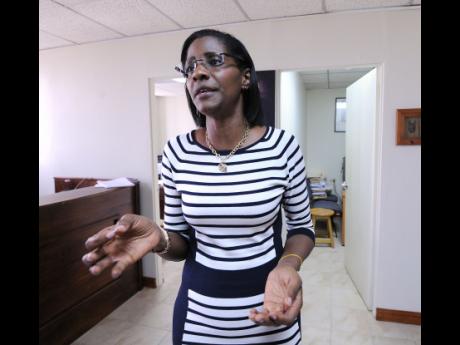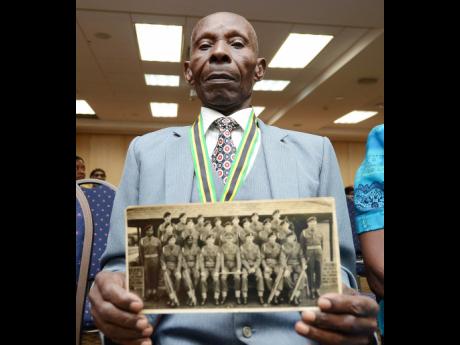At last! - Windrush Generation finally in line for compensation
Come next month, just over 500,000 Commonwealth-born people residing in the United Kingdom, including thousands of Jamaicans, could be in line to receive compensation.
This is part of the proposed recompense scheme to help redress the impact on the Windrush Generation, who faced difficulties in demonstrating their lawful status under the UK's immigration system.
The consultation scheme, launched recently as the 'Windrush Consultation Compensation Papers', intends to analyse, consider the responses, and hold further discussions with key interested parties before it publishes a public consultation response document by next month. The principles of the final policy design will reflect key areas covered in the consultation.
This period of consultation will be used to determine the status of those who have lived in the UK since arriving there before the law was changed in 1973.
Immigration attorney Jennifer Housen explained that prior to 1962, people born in Commonwealth countries, including Jamaica, were deemed British subjects, including all those who left during what is now called the Windrush Generation.
"But the thing is that when these people arrived in England, they were not required to hold any ID. So because of that, and unlike the American system that requires a green card, you arrived in the UK and simply began living, finding jobs and so forth," Housen said.
"After arriving there, some people couldn't even find their passports. It never mattered; they were free to live as they feel like. You are from the Commonwealth, you got a job and everything was hunky-dory."
'RIGHT OF ABODE'
To strengthen her point, Housen said that it was only a few years ago that it became a legal requirement that owners of a British driver's license have on it a photo. Being a British a subject before 1973 meant you have the 'right of abode'.
"'The right of abode' is as British as you can get without a British passport. You are cemented, you own it; it is yours. So that's why when people say how these people live a foreign so long and them nuh do nothing [to get legal status], they never needed to do anything, because they had the 'right of abode'; an inherent right," said Housen.
The right of abode was the legal standing of Commonwealth nationals, including Jamaicans, who migrated to England before 1973. It was after that, and the coming into full effect of the new Immigration Act of 1971, that these people were no longer accorded the right to abode, but were classified under a new category, the 'indefinite leave to remain'.
Housen noted that under the Immigration Act 1971, which came into effect in 1973, when it was changed to the 'indefinite leave to remain', those who left Britain for two or more years lost their status.
MISUNDERSTOOD 'INDEFINITE LEAVE TO REMAIN'
"So what we are dealing with when we look at the Windrush Generation are people who have the right of abode. The unfortunate thing is that some persons working in the British Home Office misunderstood 'indefinite leave to remain' and 'right of abode', looking at everyone as having the Indefinite Leave, conflating the terminology," stated Housen.
The Migration Observatory estimates that there were 524,000 people living in the UK in the 12 months to June 2017 who were born in Commonwealth countries and arrived there before 1971. Of these, 57,000 were said not to be UK citizens.
In light of the problems that these people have faced, the UK Government established a Windrush Scheme, operated by the Windrush Task Force, to assist people in establishing their lawful status.
"We propose to set the eligibility of the compensation scheme so it is targeted towards those who have experienced problems despite coming to the UK many years ago," the document read.
It continued, "Those people eligible for assistance under the Windrush Scheme belong to a particular group, who have contributed so much to the country but, through no fault of their own, have been caught up in immigration measures designed for illegal migrants."




